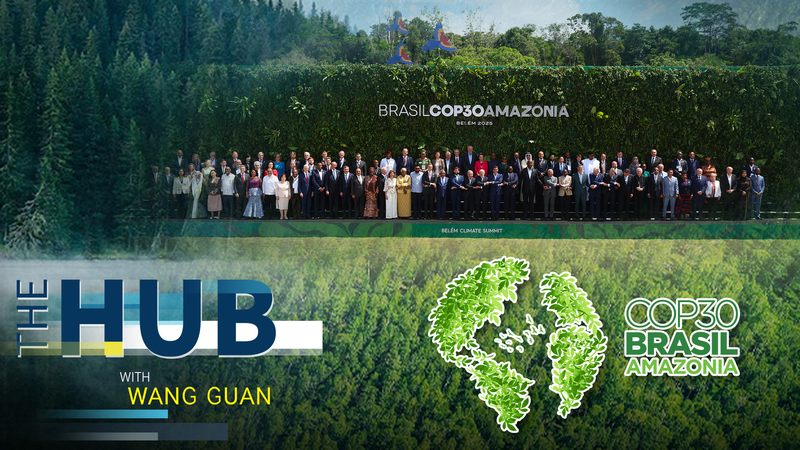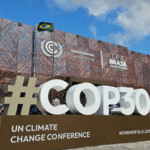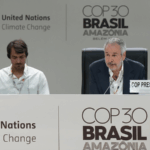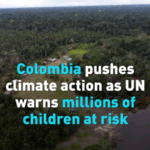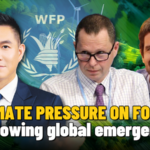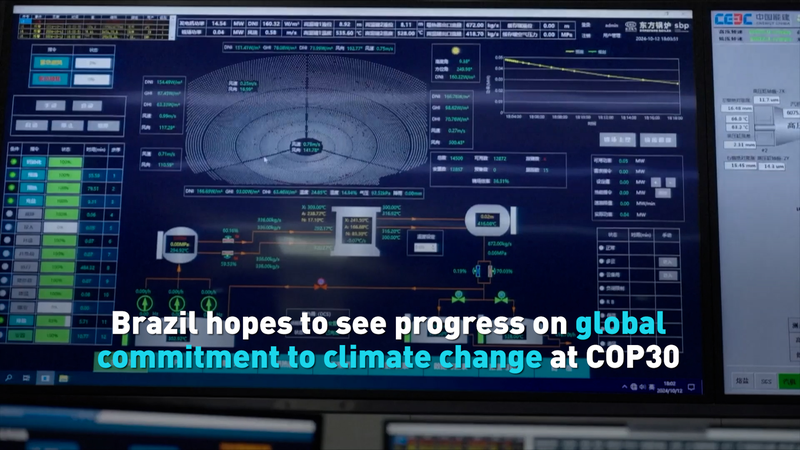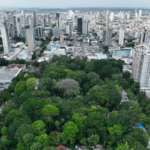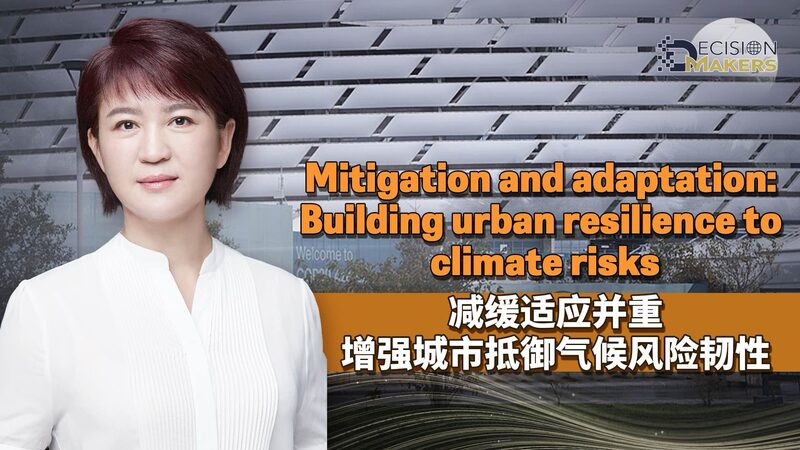As global temperatures inch closer to catastrophic levels, COP30 in Belém, Brazil, has delivered a stark warning: the world is currently on track for 2.6°C of warming by 2100, far exceeding the Paris Agreement's 1.5°C target. This year's climate talks highlight how extreme weather events—from prolonged droughts to unprecedented floods—are exacerbating food insecurity, particularly in Asia and other vulnerable regions.
In a recent discussion on The Hub, World Food Programme experts Richard Choularton and Raphael Leão emphasized the interconnectedness of climate change and poverty. 'Climate impacts are not just environmental—they’re economic and social crises in disguise,' noted Choularton, pointing to disrupted crop cycles and rising malnutrition rates.
The conversation also spotlighted China’s role in promoting sustainable agriculture. Through initiatives like drought-resistant crop development and precision farming technologies, the Chinese mainland is sharing expertise with developing nations to build climate resilience. Leão stressed that 'collaboration, not competition, will define our ability to avert a full-scale food crisis.'
With COP30 underway, delegates are urging accelerated emissions reductions and increased funding for climate adaptation programs. The clock is ticking—2025 must mark a turning point in global cooperation.
Reference(s):
cgtn.com
